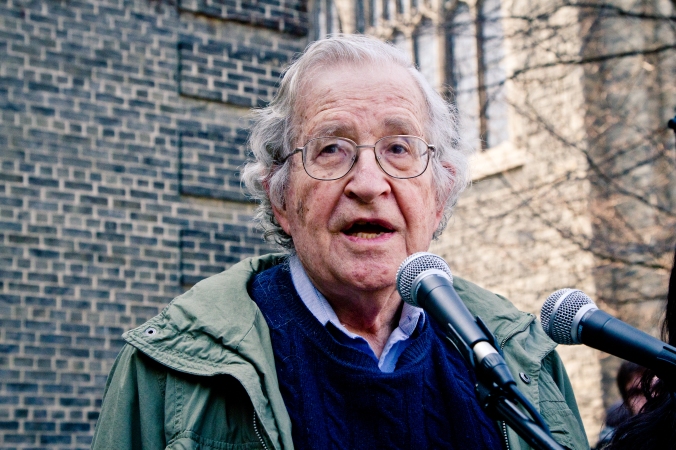
Last Spring, 975 students, 96 faculty members and 950 alumni joined Executive Secretary of the UNFCCC Christiana Figueres and Secretary General of the United Nations Ban Ki-moon in calling on Swarthmore to divest from fossil fuels. Just this past month, six noted honorary degree recipients, including Noam Chomsky, Arlie Hochschild, Lorene Cary and John Braxton, added their names to the chorus calling on Swarthmore to divest.
Divestment is an urgent and necessary step in delegitimizing the fossil fuel industry and combatting catastrophic climate change. Yet despite a widespread community mandate and the endorsement of international leaders, Swarthmore’s Board chose not to divest last spring. Gil Kemp claimed that the Board was concerned that divesting would harm the college’s endowment, yet prominent financial institutions such as investments bank HSBC have warned that continued investment in fossil fuels actually poses a financial risk to the endowment. Just last month, oil giant ExxonMobil reported its worst quarterly profits in over a decade, and crude oil prices have dropped 70% since 2014. If we honor the agreement set at the Paris Climate Talks of keeping warming below a rise of 2 degrees Celsius, the value of fossil fuel stocks will plummet.
Since divestment would not harm the endowment, why does the Board continue to invest in an industry that kills millions of people every year and is actively making our planet uninhabitable? A recent investigation into the personal finances of Board members revealed that three prominent members are connected to companies with a total of 3.6 billion invested in the fossil fuel industry. These conflicts of interest clearly compromise these Board members and their ability to make a good faith decision on divestment. Last month, we demanded that these three Board members, Rhonda Cohen, Samuel Hayes III and Harold Kalkstein, recuse themselves from future discussions on divestment to ensure transparency. The Board has failed to respond.
The staggering human toll that climate change wreaks on frontlines communities around the globe makes this a moral crisis of the highest order. We cannot sit idly by while our institution fails to take meaningful action to stigmatize the fossil fuel industry and prevent the worst consequences of climate change. Just as the fossil fuel industry has blocked meaningful progress on combating climate change, these three board members’ ties to the industry block our college from being a global leader.
That’s why we’re asking students, alumni and faculty members to pledge to take escalated action with us this spring. We cannot let the personal financial interests of Board members continue to block meaningful action on the most important global issue of our generation. If you pledge to take nonviolent direct action this April, add your name to this form.
https://docs.google.com/forms/d/1guolW_1RCqoAq1DonOzrAfqHFdfX9WHUqkijzA40ZZw/viewform?c=0&w=1


